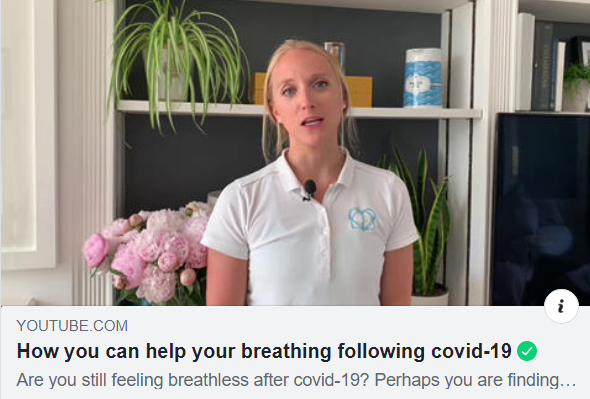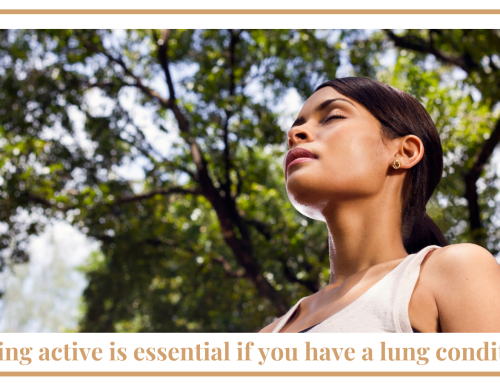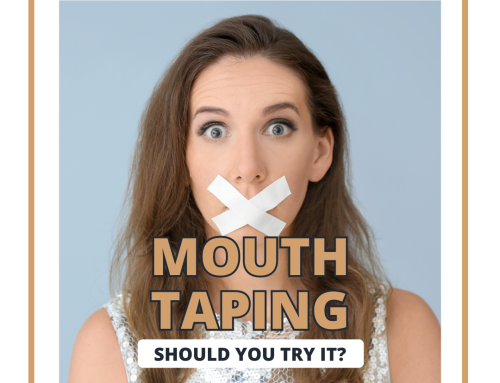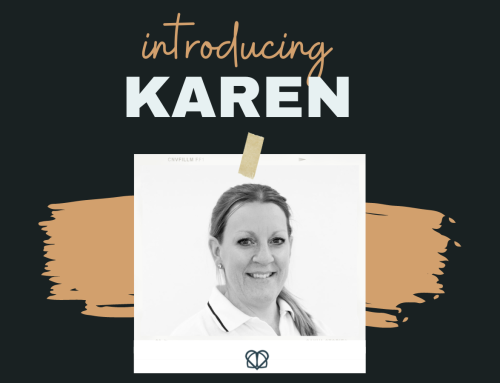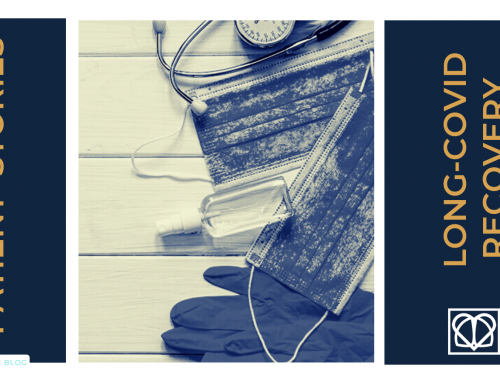A common question we’re hearing from people as they recover from Covid-19 is “how long should my recovery take?!” And “could I be suffering from post-viral fatigue?”
It’s a little bit of a “how long is a piece of string” kind of question, as not only are we still learning about this novel coronavirus, but the speed of recovery also depends on a number of factors:
- age
- gender
- if you have any underlying health conditions
- how severe your particular case of Covid-19 was
This article here explains how different people can be affected and the symptoms they may experience during their recovery.
But we’re going to focus in this blog on one common condition that’s appearing across the board for many in recovery: post-viral fatigue.
What is post-viral fatigue?
The main symptom of post-viral fatigue is an ongoing feeling of exhaustion and lack of energy – even when doing very simple tasks that you previously undertook with ease. This may be as a result of the virus triggering inflammation, or the lingering presence of the virus itself. Once the inflammation subsides and the virus is no longer present, your lungs may be affected by scarring which could affect your breathing capacity and cause breathlessness in the future. For some, the road to recovery is a long one, and will need support from healthcare professionals like the respiratory physiotherapists at Air Physiotherapy.
It’s difficult to put an exact timeline on how long these symptoms will last for, especially because Covid-19 is such a new coronavirus and we don’t yet know what to expect in the longer term.
How does post-viral fatigue make you feel?
- Do you feel exhausted after you undertake almost any task?
- Are you struggling with feeling like you have no energy, despite having a decent amount of sleep?
- Are you noticing that your breathing doesn’t seem normal and you struggle for breath even when you’re resting?
- Do those tasks that involve problem-solving or planning seem to be more challenging than they were before?
These are just some of the physical effects of post-viral fatigue – you may also be suffering from low mood or even PTSD from your experience. You don’t need to have been hospitalised to suffer from it either, a general feeling of fatigue appears to be common for most people.
The most important thing to remember is don’t panic! But also remember that you need to give your body sufficient time to recover. It’s tempting to try to race ahead and get moving again quickly. You need to give yourself time, don’t rush and only increase your activity slowly, at a pace that your body can physically deal with.
Emily has some excellent advice in this video on how you may be feeling, what to look out for in your breathing pattern to see if it’s normal, and how to tackle becoming more active as you recover:
We’re here to help you in your recovery – whether that means working with you on a rehabilitation programme or working with other healthcare professionals to boost your recovery. Learn more about our Covid-19 services here.
If you’re recovering from Covid-19 and you’ve been experiencing post-viral fatigue we’d love to hear from you. Please get in touch via hello@airphysiotherapy.co.uk.

